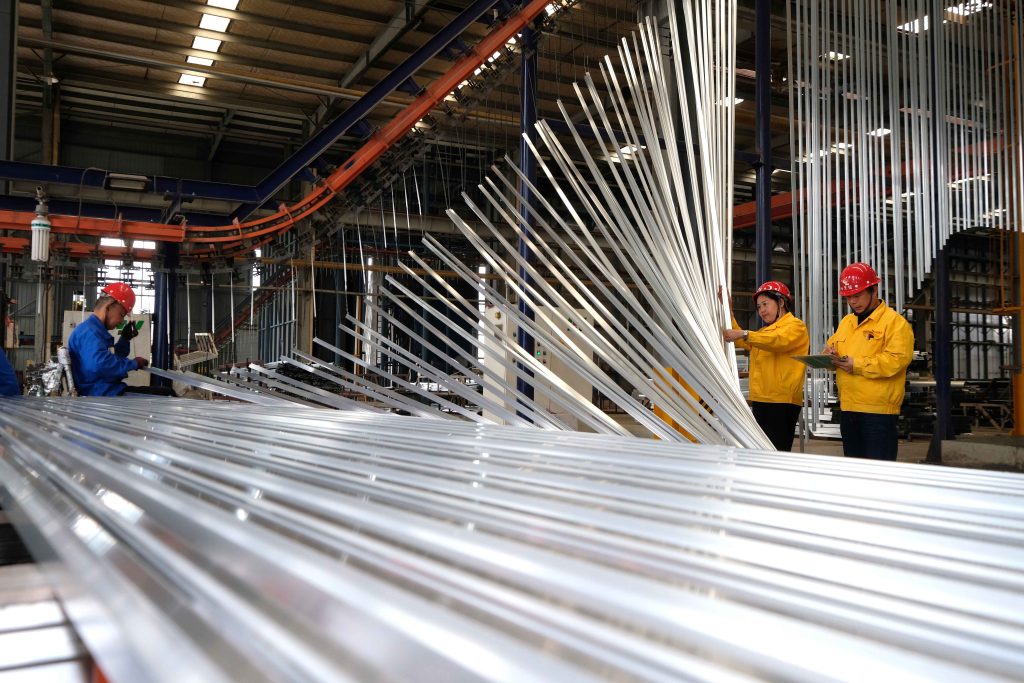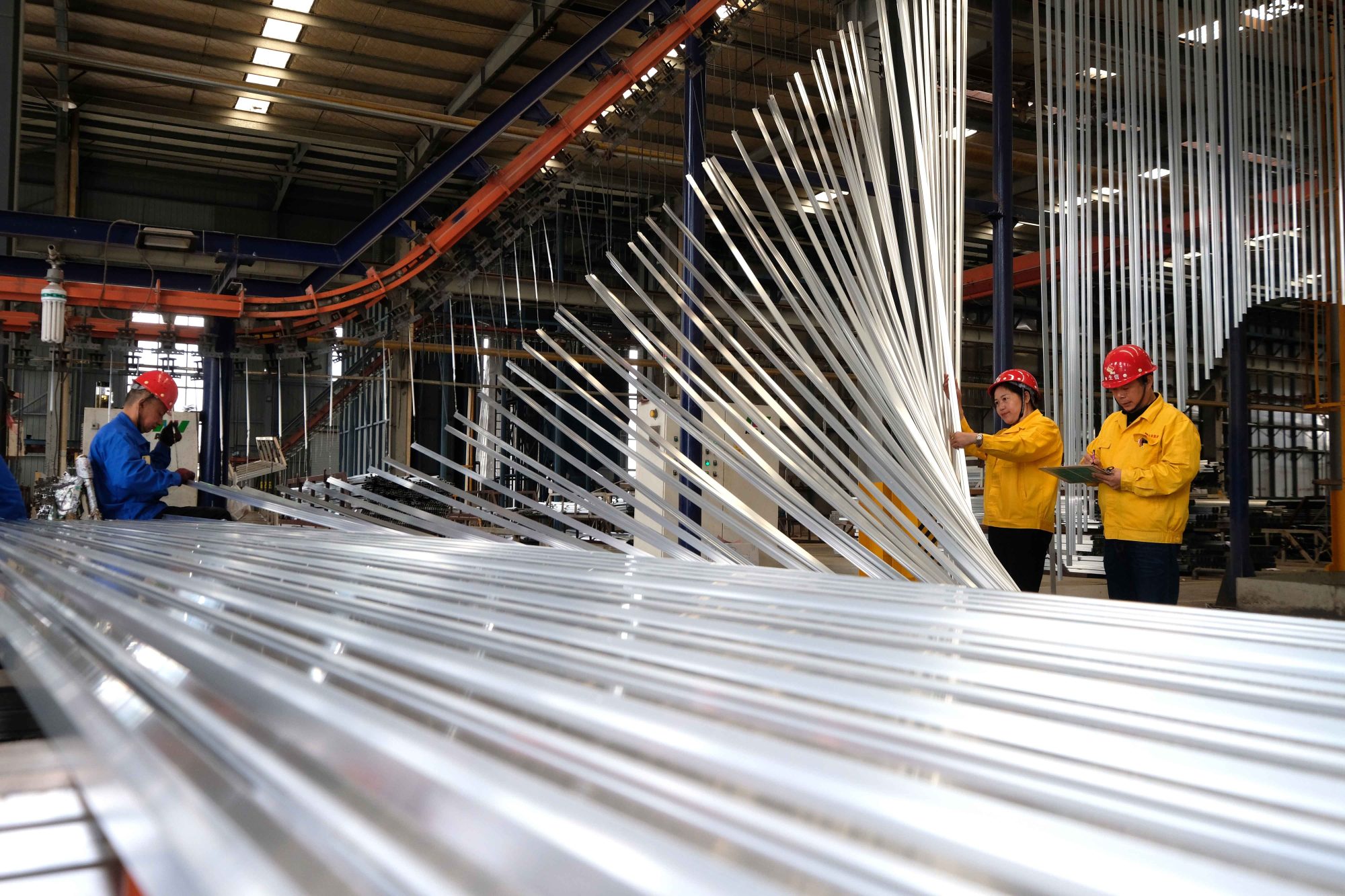Introduction
Amidst rising geopolitical tensions, the European Union is contemplating sanctions that target the import of aluminum products from Russia, including wire rod, foil, and extrusions. This move, while not officially approved, underscores the critical role of aluminum in various sectors and the repercussions such sanctions could have on the European market.
Section 1: The Importance of Aluminum Wire Rod in the European Market
Aluminum wire rod is pivotal in cable production, playing a crucial role in renewable energy projects. In 2022, over a third of the EU’s aluminum wire rod imports, nearly 71,000 tons, originated from Russia, with Poland, Spain, and Italy being the largest importers.
Section 2: Potential Consequences of the Import Ban
An import ban on Russian-made aluminum wire rod could lead to significant price hikes, impacting the competitiveness of European producers against their counterparts in Asia, the Middle East, and other regions. This situation may benefit producers from these areas who could demand a premium for their products.
Section 3: Ecological Impact and the European Green Deal
Russian-produced aluminum wire rod is noted for its lower ecological impact. Harbor Aluminum estimates its carbon footprint to be 30 to 70 percent lower than other major non-European sources. The proposed sanctions could potentially conflict with the EU’s environmental objectives under the European Green Deal, inadvertently increasing the carbon footprint across the value chain.
Section 4: The Geopolitical and Economic Implications
Earlier calls for a ban on Russian primary aluminum met opposition from European business associations, highlighting the complexity of sanction decisions. These policies must balance geopolitical strategies with the EU’s industrial needs and raw material policies.
Conclusion
The proposed sanctions on Russian aluminum imports present a complex scenario for the European aluminum industry. Policymakers must weigh the political motivations against the practical needs of the industry, ensuring that actions taken do not lead to unintended consequences in the realm of international trade and environmental sustainability.

